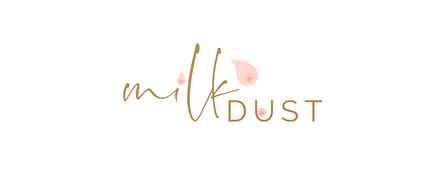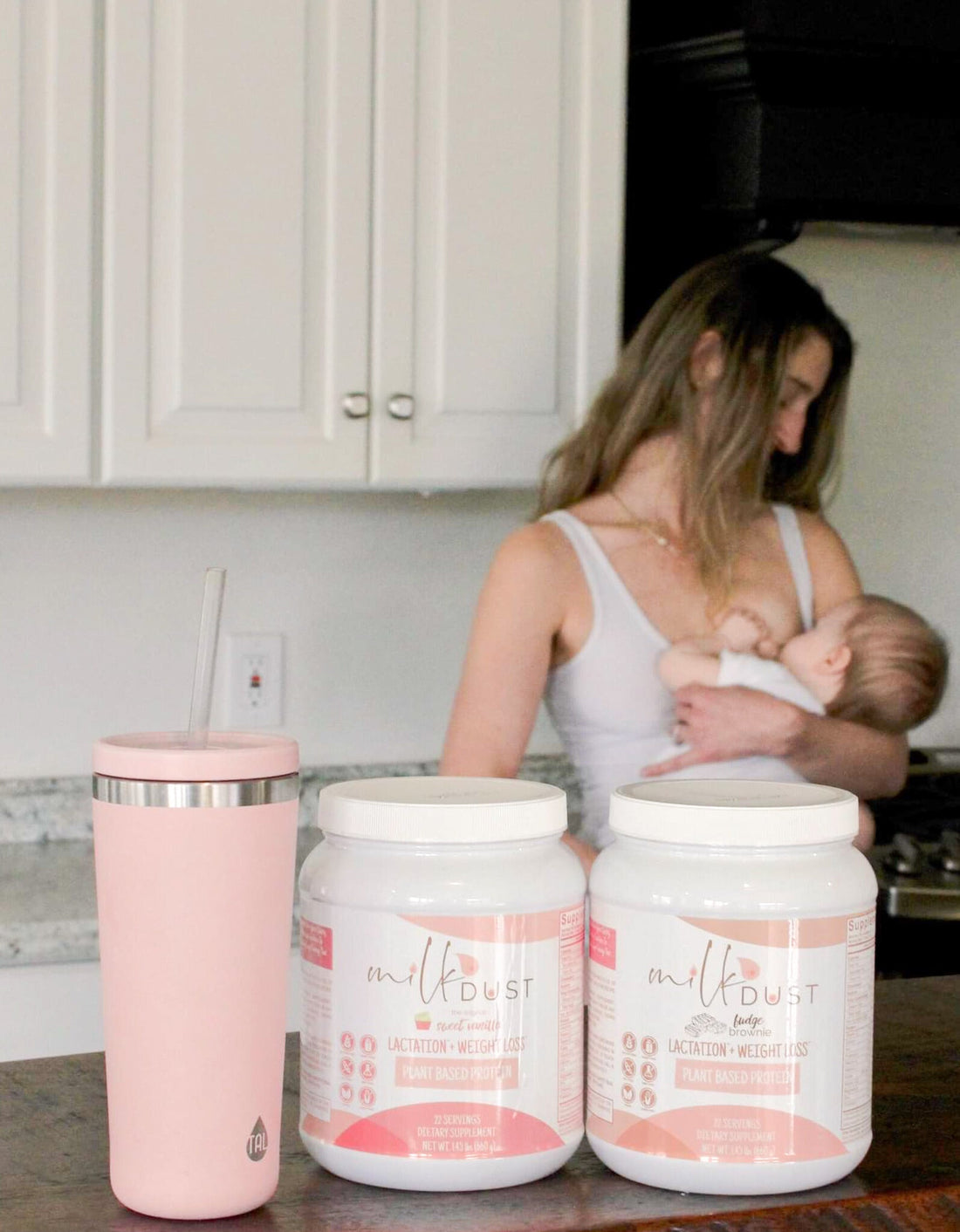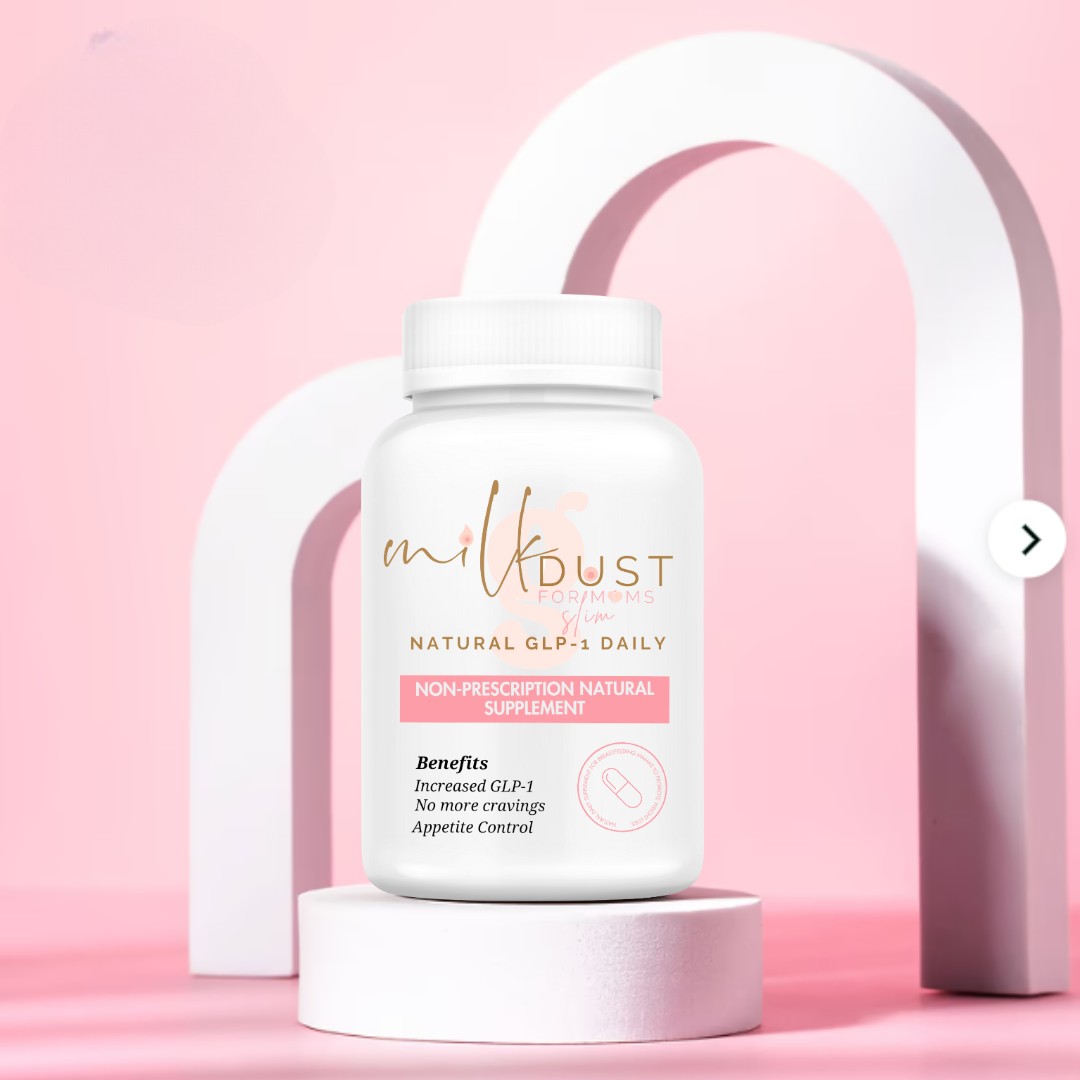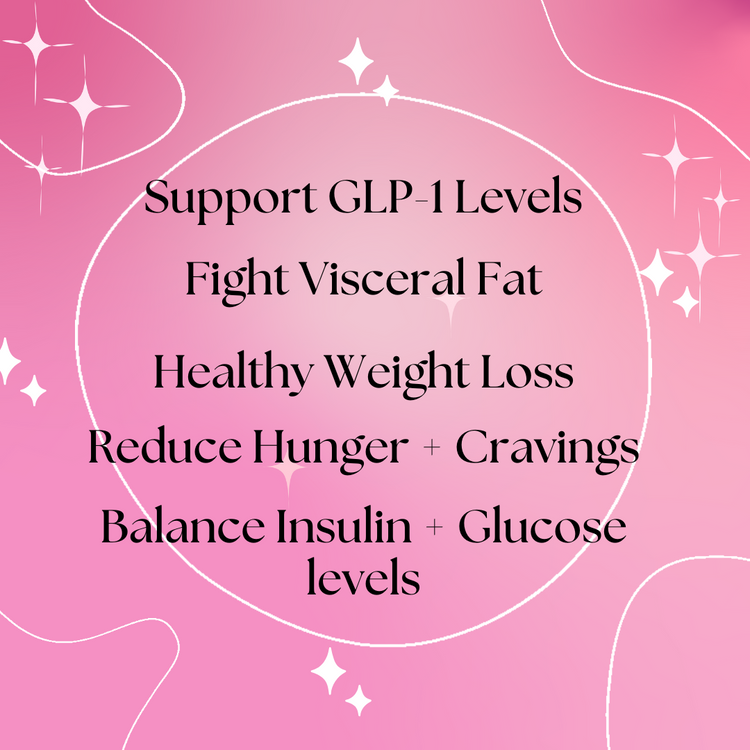As a mom of four, a Pre/Postnatal Fitness Specialist, and the founder of Milk Dust, I’ve lived firsthand the ups and downs that come with postpartum recovery. One of the most difficult — yet incredibly important — topics to talk about is postnatal depression (also called postpartum depression).
So many new moms message me saying, “I thought I was supposed to feel happy, but instead I feel anxious, exhausted, and overwhelmed.” If this is you, you are not alone. Let’s go over what postnatal depression is, how long it can last, what causes it, the symptoms, and most importantly — what you can do to support your mind and body through nutrition, movement, and lifestyle.
What Is Postnatal Depression? (Defined)
Postnatal depression (PND) is a type of mood disorder that affects mothers after childbirth. Unlike the short-term “baby blues,” which many moms experience in the first 1–2 weeks after delivery, postnatal depression is more intense, lasts longer, and often requires intentional support and treatment.
It’s characterized by persistent feelings of sadness, low energy, anxiety, or disconnection from your baby. These feelings aren’t a sign of weakness or failure — they’re a sign that your body and brain need extra care.
How Common Is Postnatal Depression?
You might be surprised to learn that 1 in 7 mothers experience postnatal depression. That’s millions of women every single year. And while the conversation around postpartum mental health is finally growing, there’s still a lot of stigma that makes many moms suffer in silence.
What Causes Postnatal Depression?
There isn’t just one cause — it’s usually a mix of biological, emotional, and lifestyle factors, including:
-
Hormonal shifts after birth
-
Sleep deprivation
-
Nutrient depletion from pregnancy, birth, and breastfeeding
-
High stress and lack of support
-
History of depression or anxiety
After birth, your body is in a state of postnatal depletion — you’ve given so many nutrients to your baby during pregnancy and often continue to give through breastfeeding. If those nutrients aren’t replenished, your brain and body can struggle to regulate mood, energy, and recovery.
How Long Does Postnatal Depression Last?
The duration can vary widely. For some women, symptoms may improve within a few months with the right support. For others, postnatal depression can last a year or more if untreated. The earlier you seek help and nourish your body, the faster your recovery can be.
Symptoms of Postnatal Depression
Every mom experiences it differently, but common signs include:
-
Persistent sadness or hopelessness
-
Extreme fatigue or lack of motivation
-
Feeling disconnected from your baby
-
Intense anxiety or worry
-
Trouble sleeping, even when the baby sleeps
-
Loss of interest in activities you used to enjoy
-
Changes in appetite
If you’re experiencing these symptoms, please know you’re not alone, and support is available.
The Role of Nutrition in Postnatal Depression
One of the most overlooked contributors to postpartum mood struggles is nutrition.
During pregnancy, your body gives your baby priority access to nutrients, often leaving you depleted. After birth, breastfeeding further drains stores of iron, vitamin B12, folate, zinc, vitamin D, and protein — all of which are essential for mood regulation and energy.
When moms message me saying they feel exhausted, foggy, or “not like themselves,” often it’s because their bodies are literally running on empty. That’s exactly why I created Milk Dust Lactation Protein Powder — to help moms nourish their bodies while supporting milk supply.
Nutrients That Support Postnatal Mood
Here are some key nutrients that have been shown to support mental health postpartum:
-
Vitamin B12 & Folate: Crucial for neurotransmitter production, energy, and preventing fatigue.
-
Iron: Low iron is strongly linked to mood changes, fatigue, and depression in new moms.
-
Magnesium: Supports relaxation, stress regulation, and sleep.
-
Vitamin D: Helps regulate mood and hormone function.
-
Protein: Keeps blood sugar stable, reduces cravings, and provides the building blocks for recovery.
-
Superfoods like chlorella, spinach, and berries: Provide antioxidants and micronutrients that fight inflammation and support overall brain health.
Every serving of Milk Dust includes these vitamins, minerals, and plant-based proteins, making it one of the simplest ways for moms to replenish their nutrient stores daily.
Milk Dust Lactation Protein Powder was designed specifically for postpartum moms, which is why it’s packed with the exact nutrients that can help fight postnatal depression. The plant-based protein blend keeps blood sugar stable and helps reduce the highs and lows that can worsen mood swings. The B-vitamin complex (B12, folate, B6) is critical for neurotransmitter production, supporting energy, and protecting against fatigue. Iron and magnesium help restore what’s lost through pregnancy and breastfeeding, reducing tiredness and supporting relaxation. The formula also includes superfoods like chlorella, spinach, flaxseed, turmeric, and spirulina, which provide antioxidants and anti-inflammatory compounds to protect brain health and reduce stress on the body. Vitamin D and zinc are included for immune and hormone support, both of which directly affect mood balance. Even the cinnamon bark and turmeric work together to stabilize blood sugar and fight inflammation, both tied to better emotional health. Together, these nutrients make Milk Dust a powerful tool for restoring your body and supporting your mental health in the postpartum season.
Can Exercise Help Postnatal Depression?
Yes! Even short bursts of movement can be powerful. Exercise boosts endorphins (your natural “feel-good” hormones), reduces anxiety, and helps regulate sleep.
When I was healing postpartum, gentle walks, stretching, and eventually more structured workouts completely shifted my mood. As a fitness specialist, I’ve seen firsthand how building a consistent movement routine gives moms back their strength — both physically and emotionally.
Final Thoughts
Postnatal depression is common, real, and treatable. If you’re experiencing symptoms, reach out to a trusted professional, and remember that taking care of yourself is not selfish — it’s essential.
Focus on nourishing your body with nutrient-dense foods, adding in targeted supplementation like Milk Dust, and incorporating gentle exercise to boost your mood and energy.
From one mama to another: you are not alone, you are not failing, and with the right tools, you can heal and feel like yourself again. 💛
👉 Want extra support? Try adding Milk Dust Lactation Protein Powder to your daily routine to replenish nutrients, balance cravings, and support both milk supply and mood.











